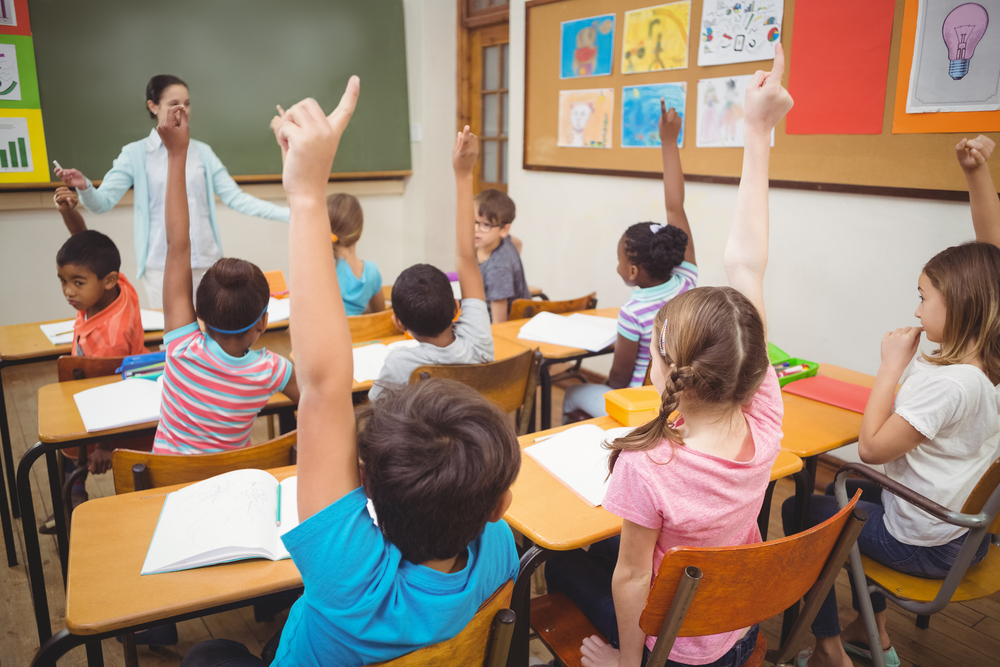Introduction: A Cornerstone of Human Development
School is far more than a physical space where children gather to study. It is a foundational institution that shapes minds, nurtures character, and prepares individuals to participate meaningfully in society. From the early days of reading alphabets to mastering complex equations, school fosters intellectual, emotional, and social growth. As the world evolves, bringing with it technological disruptions and shifting cultural dynamics, the role of school remains both timeless and transformative. It serves not only as a training ground for academic skills but also as a crucible for the values, habits, and relationships that shape a life.
The Core Purpose of School
Schools are designed to serve multiple purposes beyond simple knowledge transmission. At their best, they are vibrant ecosystems that cultivate curiosity, foster discipline, and support holistic development. While academic success is important, true education embraces a much wider spectrum of human potential.
Key Functions of School:
-
Intellectual Development: Encouraging critical thinking, creativity, and problem-solving
-
Social Integration: Teaching collaboration, empathy, and respect for diversity
-
Moral Grounding: Instilling values such as honesty, responsibility, and perseverance
-
Skill Building: Preparing students for the workforce through both soft and technical skills
The School Environment: More Than Just Classrooms
The physical and emotional environment of a school significantly influences learning outcomes. A well-structured school nurtures a sense of belonging, where students feel seen, supported, and challenged to reach their best potential. It’s not just about what is taught, but how it is taught and experienced.
Elements of an Effective School Environment:
-
Supportive Teachers: Educators who inspire, challenge, and guide with empathy
-
Safe Spaces: A secure setting free from bullying and discrimination
-
Engaging Curriculum: Lessons that connect theory with real-world application
-
Co-Curricular Activities: Opportunities in arts, sports, and clubs that enhance personal growth
Early Education: The Seeds of Lifelong Learning
Primary schooling lays the critical groundwork for a child’s entire educational journey. It is here that the joy of learning is introduced, where literacy and numeracy are first acquired, and where social behaviors begin to form. A positive early school experience can ignite a lifelong love for exploration and discovery.
Impact of Quality Primary Education:
-
Builds foundational skills in reading, writing, and arithmetic
-
Encourages emotional self-regulation and social interaction
-
Instills routines and structure that support discipline
Secondary School: The Bridge to Adulthood
As students transition into secondary school, the focus broadens. Academic subjects become more specialized, and learners begin to explore personal interests and future ambitions. It is a phase marked by self-discovery, deeper cognitive engagement, and a growing sense of independence.
What Secondary School Offers:
-
Exposure to a wider range of disciplines, from sciences to humanities
-
Opportunities for leadership through student councils and team activities
-
Development of critical thinking and informed decision-making
-
Career guidance and preparation for higher education or vocational paths
Beyond Academics: Character and Citizenship
School plays a crucial role in shaping not only minds but also hearts. Through values education, community service, and peer interaction, students learn to engage ethically and empathetically with the world around them. A strong moral foundation cultivated in school can guide individuals for a lifetime.
Lessons in Character Development:
-
Respect for differences and diverse viewpoints
-
Teamwork, patience, and effective communication
-
Accountability and resilience in the face of failure
Challenges Faced by Schools Today
In a rapidly evolving world, schools are required to adapt continuously to remain relevant and effective. From socio-economic disparities to mental health issues and digital distractions, educators face a range of modern challenges that demand thoughtful solutions.
Contemporary Issues in Education:
-
Inequality in Access: Students in underserved communities often lack quality resources and infrastructure
-
Mental Health Concerns: Rising stress levels, anxiety, and bullying can hinder learning and personal well-being
-
Overemphasis on Testing: Standardized assessments sometimes overshadow creativity and holistic development
-
Technology Overload: While useful, excessive screen time and digital dependence can affect concentration and social skills
The Changing Role of Teachers
In the modern classroom, teachers are no longer mere providers of knowledge. They are facilitators, mentors, and even life coaches. Their role has expanded to accommodate emotional intelligence, adaptability, and cultural sensitivity. Great teaching is now recognized as a blend of pedagogical skill, passion, and empathy.
Expectations of Today’s Educators:
-
Use of innovative teaching methods and technology
-
Recognition of individual student needs and learning styles
-
Continuous professional development to stay updated
-
Cultivation of inclusive and respectful classroom cultures
The Future of Schooling
As society becomes more interconnected and knowledge more democratized, schools must innovate while remaining rooted in their core mission. Blended learning, personalized instruction, and global classrooms are no longer futuristic ideas—they are present realities.
Trends Shaping Tomorrow’s Schools:
-
Hybrid Learning Models: Combining in-person and online education for flexibility and reach
-
Competency-Based Learning: Focusing on mastery of skills over time-based progression
-
Global Citizenship Education: Preparing students for an interconnected, multicultural world
-
Focus on Emotional Intelligence: Teaching students to manage emotions and navigate relationships
Conclusion: The Heartbeat of Civilization
At every stage of human development, school plays a quietly powerful role. It does more than prepare individuals for tests or careers—it nurtures the intellect, shapes character, and builds the foundations of society. The classroom is a microcosm of the world, where young minds learn not only how to think, but how to live meaningfully and contribute with purpose.
In a world where change is constant, the essence of school remains steady—a beacon of learning, a hub of transformation, and a sanctuary where dreams are born. To invest in schools is to invest in the future, for within their walls lie the architects of tomorrow’s world.

